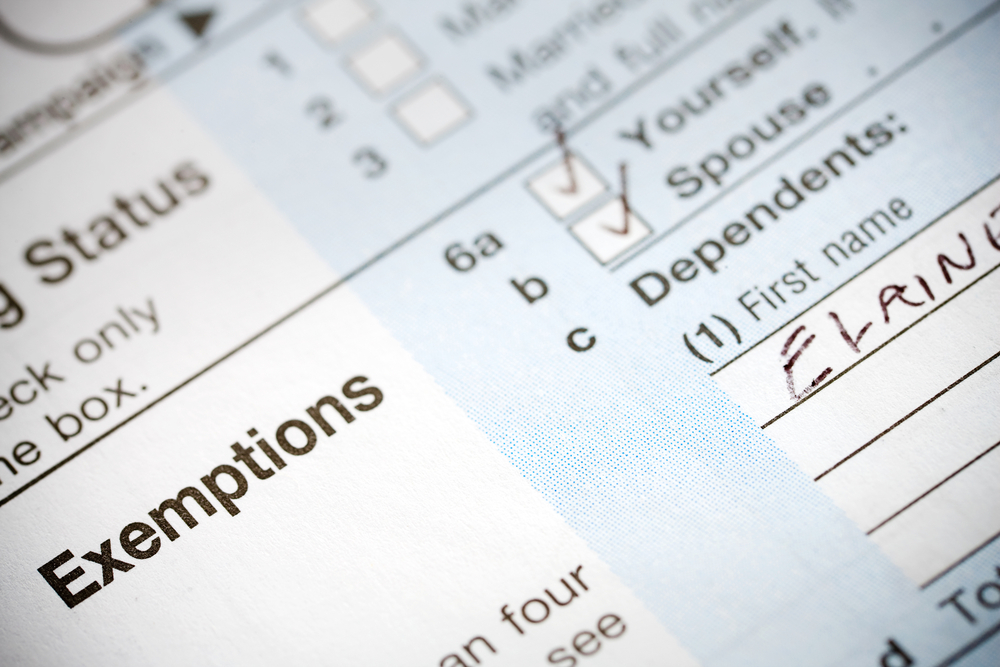An important part of filing taxes is claiming dependents. Most dependents are younger children, but what about older dependents who may be in college and/or have a job? What dependent deductions can you claim on your return? These issues confuse many people around tax season. The IRS requires that certain criteria be met for a taxpayer to claim a dependent, so it’s important to avoid mistakes. This post helps break down who can be claimed as a dependent and when a dependent should file their own tax return.
A dependent is:
- Qualifying child
- A family member or relative whose younger than the taxpayer
- Under age 19, under age 24 if student, or any age if permanently and totally disabled
- Someone who has been living in the taxpayer’s home for more than half the tax year
- Someone whose financial support (at least half) was provided by the taxpayer
- Qualifying relative
- Not a qualifying child of any taxpayer
- Lived with the taxpayer all year unless it is the taxpayer’s relative (a stepchild, foster child, descendants of them, step parents, and in-laws are included)
- Has less than $4,050 in gross income
- Someone whose financial support (at least half) was provided by the taxpayer
| A dependent must file their own tax return if… | Received earned income of more than | Received unearned income of more than | Had net earnings from self-employment of at least |
|---|---|---|---|
| Under 65 | $6,350 | $1,050 | $400 |
| Single and 65 or older, or blind | $7,900 | $2,600 | $400 |
| Married and 65 or older, or blind | $7,600 | $2,300 | $400 |
*if the dependent is married filing separate, their gross income is at least $5, and their spouse itemizes deductions, then the dependent is required to file a return
Important things to note:
Your dependent needs to check a box on their tax return to report that they are being claimed or can be claimed as a dependent.
If your dependent files a tax return, you do not include that dependent’s income as your on your return.
If your dependent doesn’t need to file a tax return, it may be beneficial for them to file anyways because that’s the only way to receive the refund if they are due one.
For the 2017 tax year, a parent can claim a $4,050 exemption for each child dependent (the child must live with the tax payer for at least half the year and the dependent must be under 19 at the end of the year or under 24 as a full-time student).
If you have at least one dependent in school, there are some educational expenses that you can deduct. These include:
- American Opportunity Credit: up to $2,500 for four years of a college education
- Lifetime Learning Credit: 20% of the first $10,000 of eligible expenses (to a max of $2,000) per tax return
- Student loan interest: you can deduct up to $2,500 of interest, but this is totally phased out for taxpayers with modified AGI’s of over $165,000 if filing jointly or $80,000 if single
If you are a parent, it’s most likely best for you to claim your child dependent(s) because deductions and credits will be awarded to you, the higher-earning party. Also, it might be beneficial for dependents to file a return even if they don’t have to if they are due a refund.
Is this your dependent’s first or second year filing taxes? Is your dependent a student? Get their taxes done for as low as $45! Contact Paragon Accountants today!





